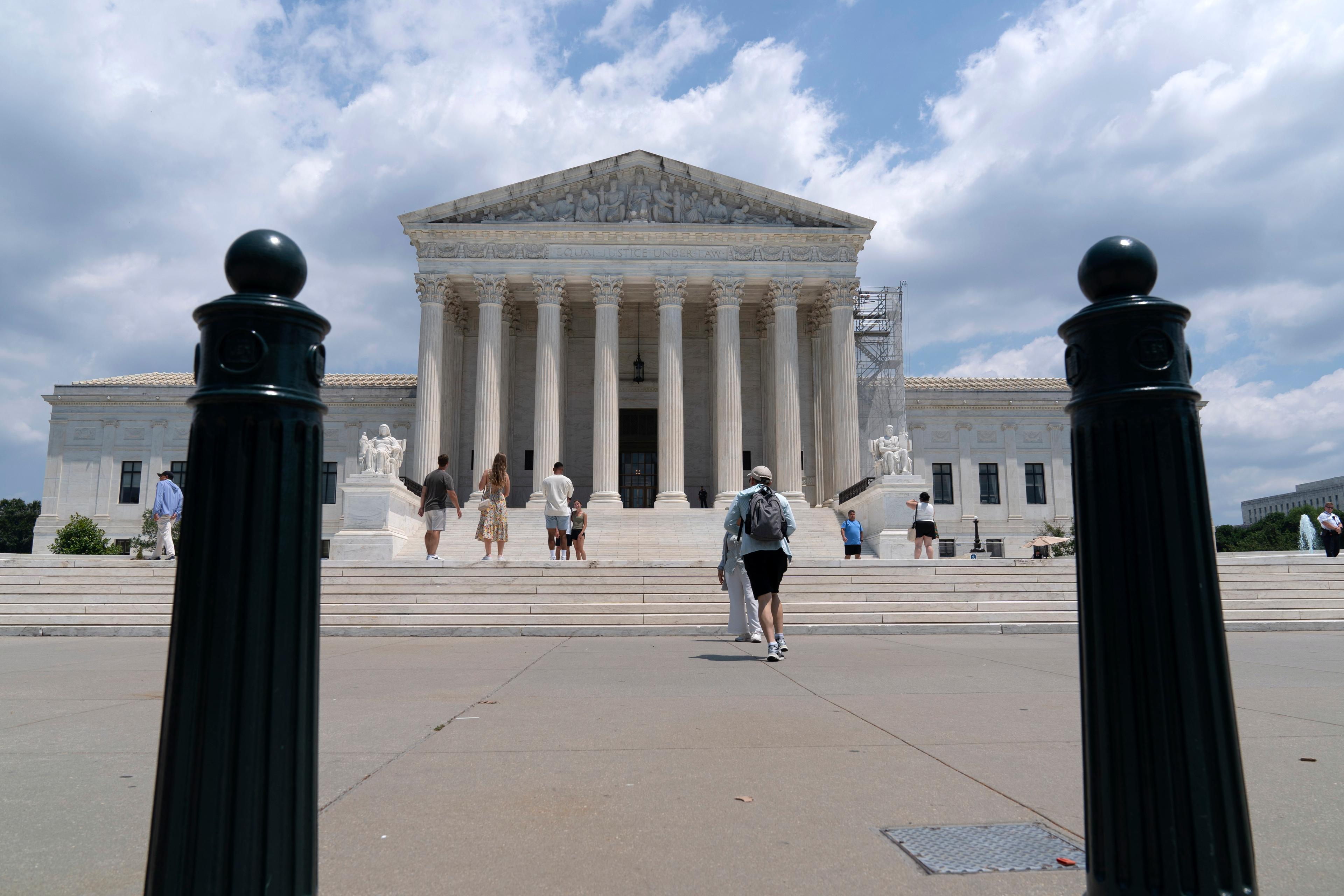
Even after state lawmakers put more funding into schools last year, many Colorado classrooms are still crowded with students, short on staff and unprepared to support all the mental health needs of students.
That’s according to the annual State of Education report from the Colorado Education Association, the largest teachers' union in the state. The report includes survey results from 3,651 of the association’s 40,000 educators and school staff.
It’s also the first time the survey takes up the issue of cell phones in schools, with most respondents reporting phone use is disruptive to classrooms.
The 2025 report marks the 150th anniversary of Colorado’s largest teacher’s union. The association launched in 1875 with 99 members paying $1 in annual dues "to diffuse a professional and friendly spirit, among the teachers of the commonwealth.”
Fast forward to 2025, these are the biggest challenges today’s educators see:
More than half of respondents report that staff shortages are worse than in previous years
That’s down from last year when the survey found nearly two-thirds said the shortage was worse than in previous years. This year, nearly 70 percent observed a shortage of support, including classroom aides, bus drivers, and office and custodial workers. Fifty-six percent of educators report a lack of substitute teachers.
The result is many educators have overwhelming workloads.
“I look at some of my friends in other fields and they actually have time to do their job,” said Gwendolyn Eden, an Aurora teacher.
Nearly half are considering leaving the profession primarily due to high workloads but also increased curriculum interference, attacks on the profession and low pay. The situation is even worse for support professionals.
“We’re being pulled in so many directions, and then we’re expected to teach, manage behaviors and do all the other things,” said Sarah McClintock, a paraeducator in Jefferson County School District. “They need to hire more people. The answer isn’t just to pile on duties for the people already here.”
Seventy-six percent of respondents say politically divisive issues such as book bans and curriculum changes have a somewhat or significant impact on morale. Sixty percent don’t trust the current accountability system to accurately measure student, school and district performance.
Most educators feel respected by colleagues and their schools but don’t feel the same recognition from district leaders and state officials. The issue is an important one because teacher retention is a key driver of student achievement.
Teacher pay continues to be a major worry among educators
Colorado ranks 46th in the nation for starting teacher salaries at $39,044, according to data from the National Education Association. That is considerably below the state’s minimum wage of $65,605. Nearly half of educators report not being able to afford to live near their work. The average teacher salary is about $68,000 according to the Colorado Department of Education.
Kevin Vick, president of the Colorado Education Association, said a major issue for teachers is the rising cost of benefits.
“Any gains we may have been making and salary have really been eroded by the increase in benefits cost,” he said.
For support professionals like classroom aides, 62 percent report struggling to afford housing costs over the past year.
Vick is advocating for renewed discussions about the state’s fiscal crisis. Colorado is one of the richest states per capita but still spends below the national average on students. That’s because of the Taxpayer’s Bill of Rights or TABOR. It caps tax revenue and anything raised over that cap - in boom years - is refunded to taxpayers. State lawmakers must cut up to $1 billion this legislative session.
“Education has taken cuts for the last 15 years to a point where I don't think we can absorb anymore.”
The union will be lobbying against a proposal by Gov. Jared Polis to change the way students are counted, which is expected to result in a $200 million cut to schools.
“We're basically looking at it as a reinstitution of the BS factor without calling it that,” he said.
Two recent studies show Colorado is $4,000 to $4,500 below where it should be to adequately educate K-12 students.
School safety is a big concern
Forty-three percent of educators feel significantly or somewhat less safe than during the previous school year. But teachers are united on what they feel would help. Nearly 90 percent say that increased mental health resources for students would improve safety. Survey respondents found that safety drills and security guards are the least effective in improving school safety.
Colorado teachers skeptical of student cell phones in class
Nationally, 90 percent of National Education Association members support policies that ban cell phones in class. In Colorado, 44 percent of respondents said their schools have policies letting students possess cell phones on campus but not use them during the day. Just half felt their school’s cell phone policy was effectively enforced. About 59 percent of Colorado teachers said student cell phones were disruptive to the learning environment. As of November, 18 states have enacted laws or policies that restrict or ban student cell phone use.
Solutions and agenda for 2025
For 2025, support professionals want increased staffing, opportunities for advancement and fewer “other duties as assigned.” The biggest goals for teachers are protecting the time they have to do required paperwork, smaller class sizes and increased time to plan for classes.
For the 2025 legislative session, union officials say they will support legislation to protect school funding and fight “reform” legislation they say is aimed at “disrupting and dismantling public education.” The CEA says it will support state action to protect vulnerable students, especially those under threat of deportation. It will also support policies that strengthen workers’ rights, pay and collective bargaining.
Union wins
The report also celebrates the union’s wins during the 2024-25 school year. The average cost-of-living adjustment for educators was 5.1 percent, and support staff like classroom aides received a 6.1 percent raise. The union notes that starting pay is 18 percent higher for licensed staff in districts with a contract, while the top salary is 42 percent higher in districts with a contract.
Several new collective bargaining agreements came about in the 2024-25 school year including for classroom aides known as paraeducators in Cherry Creek and Lake County. Teachers won the right to bargain in the Clear Creek and Roaring Fork districts. Cherry Creek bus assistants also unionized. However in December, the Colorado Springs D-11 school board voted to terminate the collective bargaining agreement with educators.
According to the survey, 88 percent of Colorado educators believe they should have a legally protected right to bargain collectively. More than 60 percent of educators report they would only work in districts with a collective bargaining agreement.
Teachers also celebrated when state lawmakers last year eliminated the legislative maneuver that left schools with a yearly budget shortfall that overall withheld $10 billion from schools over the past decade. That, however, doesn’t mean schools are fully funded.
The union also rallied to successfully defeat Amendment 80, a ballot measure opponents said would have opened the door to vouchers for private schools.









